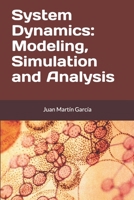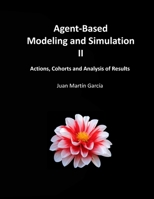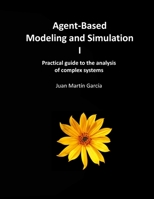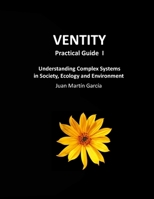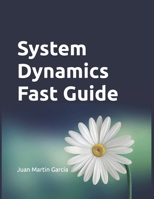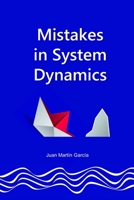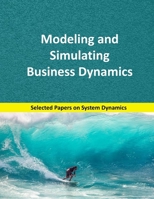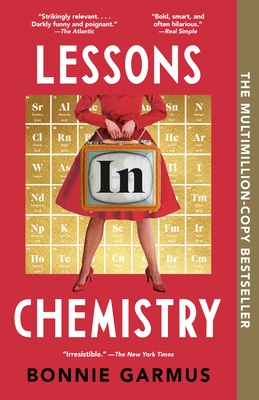School for Lazybones: How to Improve Your Health Quickly via Simple Tibetian Exercises
School for Lazybones - is the English edition of russian Best seller by Oleg Lamykin. School for Lazybones total has over 1 000 000 readers in Europe and Russia and has been translated into 4 languages.Oleg Lamykin, doctor and healer, PhD in medicine, described his unique experience of meeting with a Spiritual mentor in Central Asia and gaining knowledge of Tibetian healering system Gim Lam.Traveling with author through the pages of the book, you will discover the ancient secrets of healing, preserved in Tibetan healing schools.The book describes 20 forms of Tibetian exercises in a simple and fun way. These exercises, when properly applied, make it possible to restore the full health of internal organs and body systems.Having mastered the Tibetian Gim Lam system offered in this book, you will be able to get rid of diseases and to improve the health of: gastrointestinal tract, cardiovascular system, musculoskeletal system, urogenital system, respiratory system etc.The book includes: - 20 simple healing exercises for internal organs- lots of natural methods of healing the most common diseases- exercises for improving the entire body, from the hair to the spine- natural methods of purging the liver, gall bladder and pancreas- how to get rid of dysbacteriosis- how to strengthen the back muscles and prevent scoliosis- how to stimulate the sexual glands- natural methods of prevention of constipation and hemorrhoids
Format:Paperback
Language:English
ISBN:B08GVCCSNN
ISBN13:9798676120658
Release Date:August 2020
Publisher:Independently Published
Length:374 Pages
Weight:1.21 lbs.
Dimensions:0.8" x 6.0" x 9.0"
More by Juan Martín García
Customer Reviews
6 customer ratings | 5 reviews
There are currently no reviews. Be the first to review this work.
















